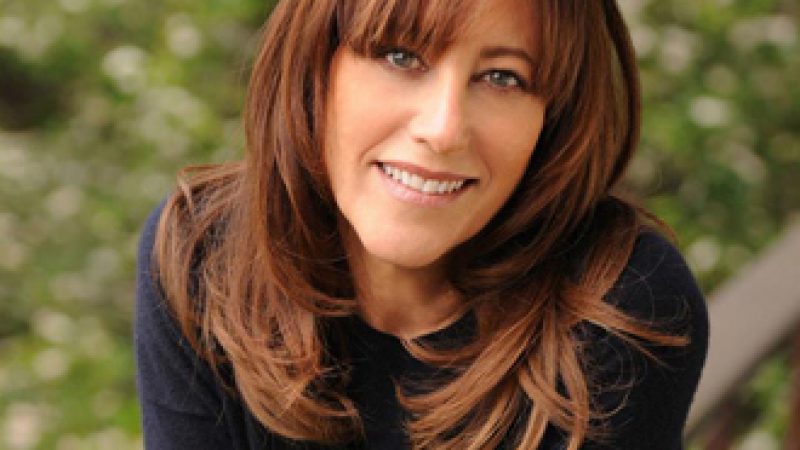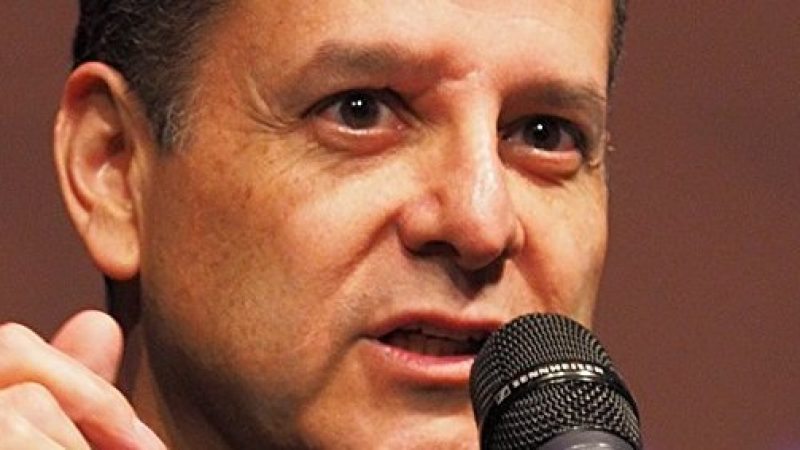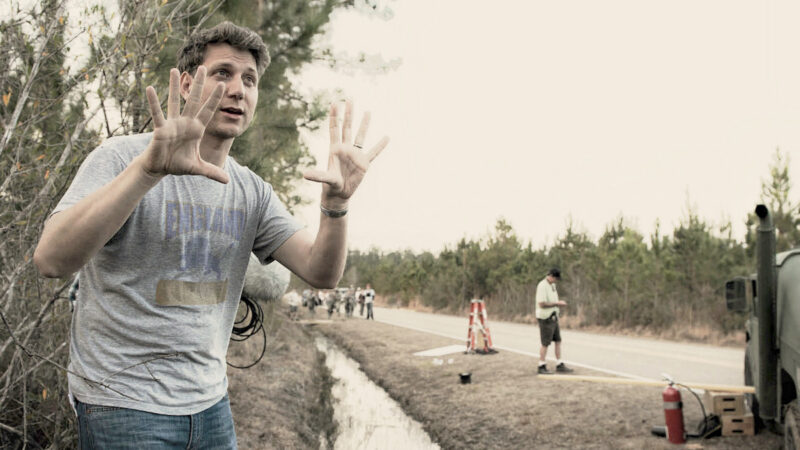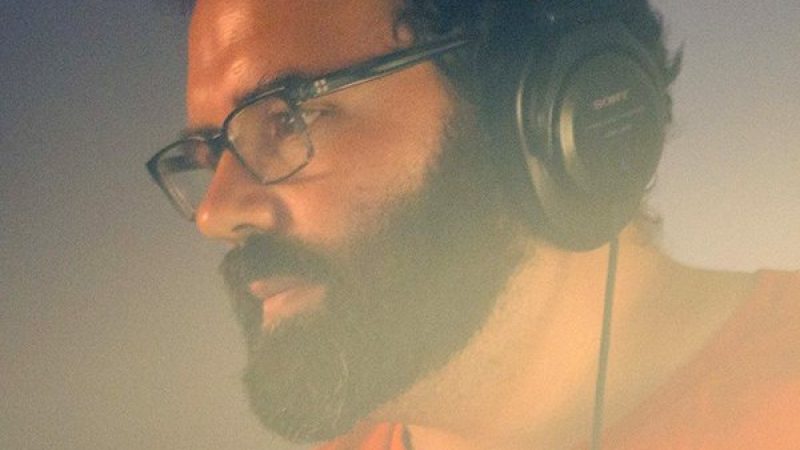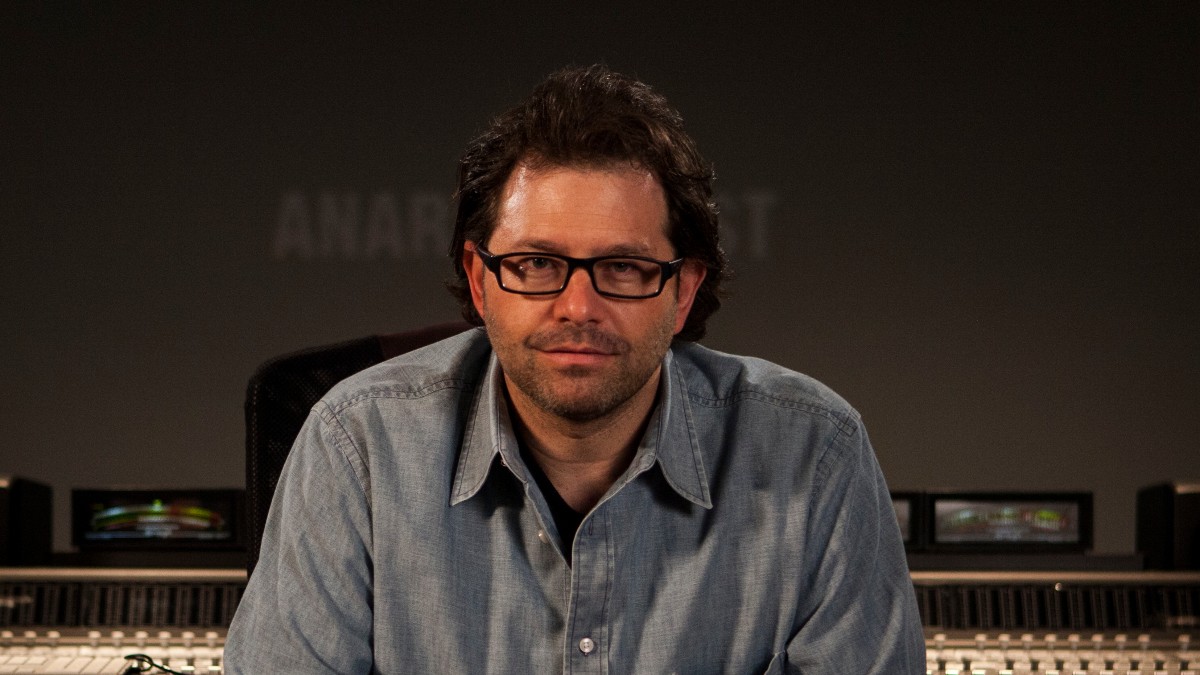
Shane Stanley has been working in the film and television industry since he was a toddler. He started in front of the camera and before he was in junior high school jumped behind the scenes working in the camera and editorial departments. Shane started producing films about thirty (30) years ago and soon after started lecturing at film schools and universities around the country.
The time just came to write a book so Shane Stanley could help filmmakers, writers, and actors navigate a path of least resistance and to help them avoid a lot of the obstacles and pitfalls he had experienced along his journey. “The screenwriting came by accident. I had grown up with a father who wrote, and my godfather was Wells Root, who co-founded the Writers Guild and had over 60 screenplays produced”, said Shane.
Shane says, “I was always fascinated by the 90-plus pages that made a script and how those words could translate to the screen. I got very lucky in co-writing a script that was quickly turned into a $12M film back in 1997 and wrote some TV episodics for an existing series through some producing connections I had, so my journey was very unconventional. I find myself writing much less these days as my production schedule, mixed with lectures and workshops, takes up so much time”.
What You Don’t Learn in Film School BOOK Sizzle
indieactivity: Tell us about your books currently on the shelves?
Shane Stanley (SS): With my book, “What You Don’t Learn in Film School” I wanted to dive into helping people become steady earners in the movie industry once they left school or if they didn’t go the route of a traditional education. It is also to give inspiration and the fundamentals on how to carve out a thriving career in the industry they love so they don’t have to go out and get a survival job in order to pay off school loans or worse, make ends meet. I regularly lecture at Stage32, Indie Film Hustle as well as Film Courage. I try to do a quarterly workshop with CJ Walley on his scriptwriting platform Script Revolution which is a lot of fun and I’m a regular contributor for Student Filmmaker Magazine.
What was an early experience where you learned that language had power?
Shane Stanley (SS): The first time I ever spoke was at an acting class and I discovered the hunger and desire they had to learn. Allowing the actors to hear things from a different perspective, that of a filmmaker, was a real eye opener and made me realize how little they knew outside of the craft of acting. Many forget this is a business and so many decisions are made based on that, not just on looks or talent when it comes to casting a picture. I was reminded at that moment how myopic we artists are and that there are so many tools both actors and filmmakers need to possess to become successful. As far as alternatives, I did a lot of role playing. I wanted to shift their thinking away from just scene study and get them to think about the moment they walked into the casting room to the moment they walked out, and what happens that they’re not even aware of. It was eye opening for them and quite addicting for me to help them continue to grow.
What kind of research do you do, and how long do you spend researching before beginning a book?
Shane Stanley (SS): For my book, it practically wrote itself. I lived every word of it and had over 200 pages written in less than three weeks. It all came from the heart and I struggled to type as fast as the words came to me.
When did you first realize you wanted to be a writer? How long were you a part-time writer before you became a full-time one? Do you hear from your readers much? What kinds of things do they say?
Shane Stanley (SS): I had dabbled in screenwriting since I was young and understood the fundamentals but writing professionally started by accident about 25 years ago. I had been producing and editing films for quite a while when I was asked to inject dialogue with and for Charlie Sheen for a project he was doing, (Charlie re-writes a lot of his own dialogue). I could type over 100 words per minute, and he needed someone who could type it as he thought it.
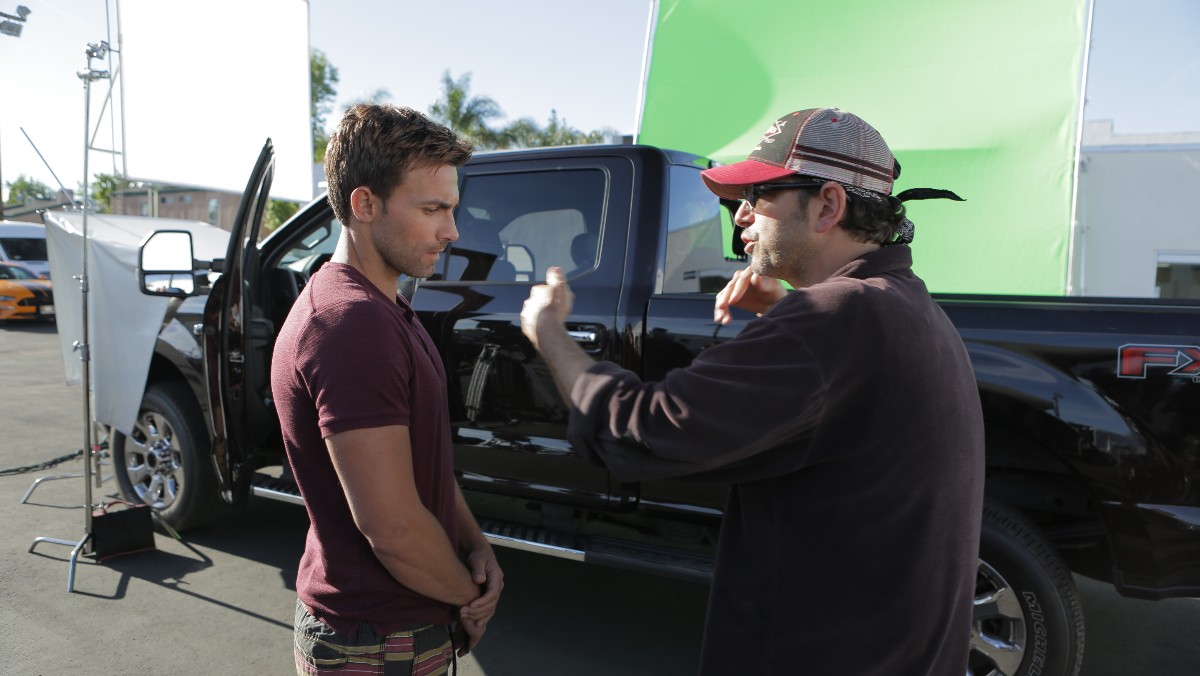
We began to collaborate and he welcomed me to make suggestions and interact with his process; I wasn’t just taking dictation anymore, but actually contributing to entire scenes with the various characters in the story. We started writing scripts together, a couple of which were produced, and then the late, great Zalman King listened to a pitch I gave him for an episode of his hit TV series Red Shoe Diaries on Showtime. He bought a few scripts from me and I’ve been working as a writer ever since. I do hear from my readers on a regular basis which I love. I even enjoy the ‘hate mail,’ as it means people care enough to reach out after reading or seeing my work, good, bad, or indifferent.
For the most part, I hear from filmmakers who have read the book or seen a webinar, mostly with thank you notes for the information I’ve shared. I actually received two emails while doing this interview and they were wonderful to read. Thankfully they were NOT hate-mail ☺
What is the most difficult part of your artistic process? What would you say is your interesting writing quirk? What is your work schedule like when you’re writing?
Shane Stanley (SS): I suffer from dyslexia and A.D.D, so I usually have to type out every word two or three times before someone can understand a sentence, (which is probably where I learned to type so fast). I’ve memorized the keyboard in my own way via the hunt and peck process so I don’t need to look at the keys but worse, I would say when writing I have two or three different things going on at the same time. I can never just seal out the world and write like you’re supposed to. I love getting interrupted by texts and emails – and find the correspondence somehow can inspire the next thing I write. If my wife isn’t down the hall playing music, carrying on a conversation with me, or on a phone call, I am virtually lost. I thrive when trying to have a picnic at the end of a runway. If the house is empty and quiet, I get nothing done and end up doing something else.
Talk to us about your business, how it began, and why? Plus, what is its future?
Shane Stanley (SS): Growing up, my parents had a boutique production company. Like any other business, it had good times and bad times. I was attracted to that unstable lifestyle and constantly wondering where the next meal would come from or how the mortgage would get paid. No joke. There was never a dull moment, and no two days were the same. I knew things were going well when we had paper towels in the house and mom wasn’t washing out and recycling Ziploc bags. When we were broke, we used cloth hand towels, mom was washing out Ziploc’s, hanging them on the water faucets to dry for their next use.
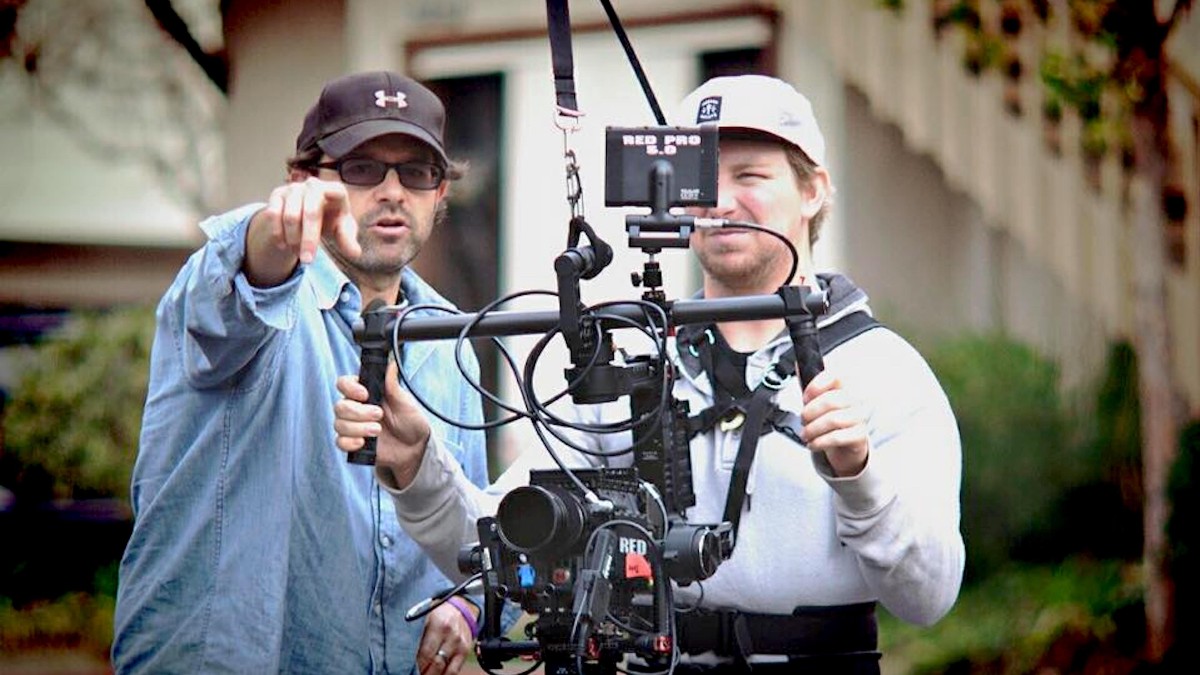
My goal was to never not be able to afford paper towels and never re-use a Ziploc bag. That was always my inspiration, believe it or not. I’ve never had to re-use a Ziploc, although for the environment, maybe that’s something I should consider. I do admit that over the years I have been sans paper towel a time or three. It’s not fun! For my present and future, I love making a film a year. It’s a pattern I’ve had for quite some time but am starting to get pressure to produce two to three a year, so we’ve got to pick up the pace a bit to make our investors and distributors happy.
Do you want each book to stand on its own, or are you trying to build a body of work with connections between each book? What are you trying to achieve with these bodies of work?
Shane Stanley (SS): I’d like each book to stem from the other but want them to be designed to stand alone. I think with the future titles I have in mind, they could be continuations of my current work but if you didn’t read one, you wouldn’t be lost while reading the other. It’s kind of like a television series today, often each episode could stand alone if need be, but they all kind of stem from one another. All I want to achieve with my book(s) are the opportunity to help people overcome fears, unknowns, and hurdles when trying to find their way in the business of film and television. If I can give someone inspiration, hope, or tips on what to do or not do, I’ve done my job.
What does literary success look like to you? Do you believe in writer’s block?
Shane Stanley (SS): Success for me is simply someone gaining knowledge from my words. If reading my book helps someone get a green light on a project, can give them a shortcut, or shave years of pain-staking heartache from the process, I’ve done my job. Writer’s block does exist and probably why I have so many things going on while I am writing. Distraction is a great ‘out’ for me and I’ve found I get more done when things are interrupting me. I know that’s a quirk and something a lot of people probably cannot relate to. I found when I was having writer’s block early on, I would just jump to another part of the story and go back when an idea popped up later. I cannot sit idle and will not let a lack of ‘in the moment’ creativity stop me from getting my words to the page.
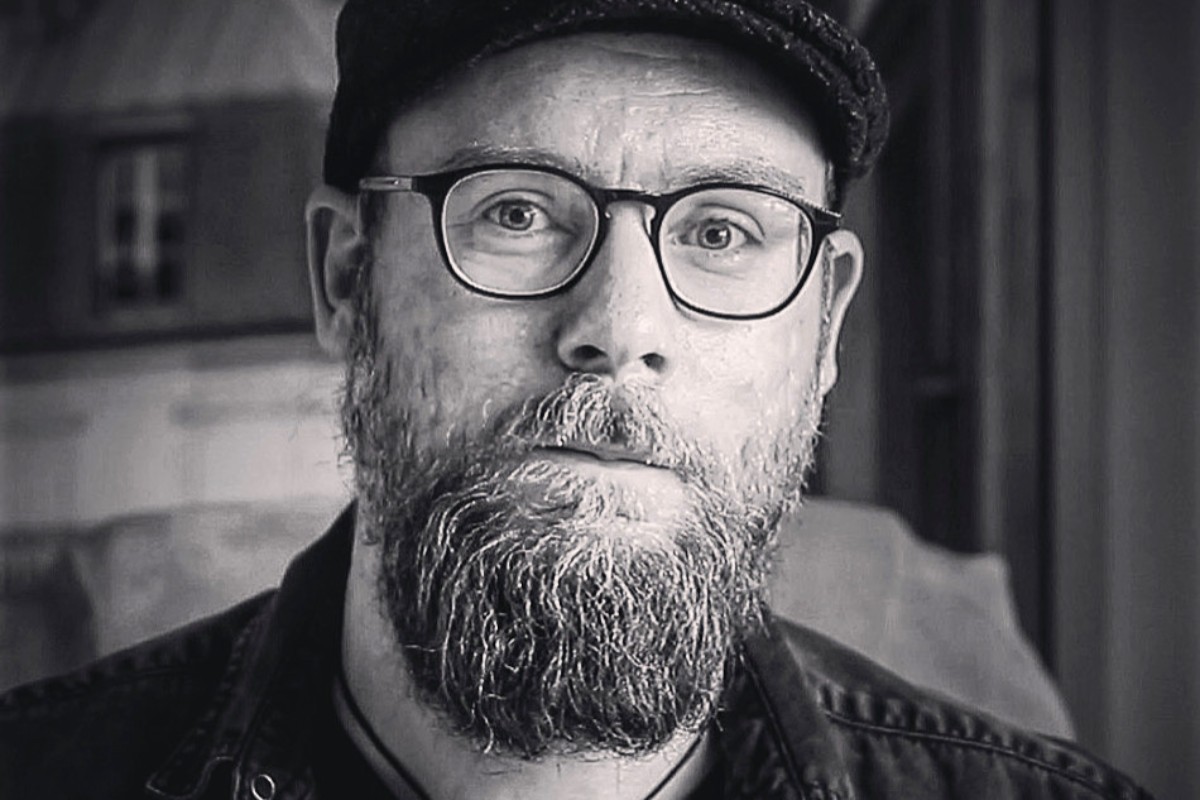
Do you still write for TV, Film, and Cinema? Do you mentor writers? What advantages do your books give the independent filmmaker? Why should they buy them? Use them? or reference them?
SS: I have stopped writing screenplays in the traditional sense. I have a big part in conceptualizing the films we produce because I know what our buyers or distributors are looking for and selfishly what I want to devote my time to, but I’ve found a wonderful screenwriting partner in CJ Walley. We are both on the same page and want to tell the same kind of stories that pay homage to the fun, gritty action comedies we grew up enjoying like Smokey and the Bandit, Any Which Way But Loose, and Cannonball Run.
As a producer, director and editor, there’s only so much time in the day and the actual filmmaking process is what I enjoy the most, so I put the actual day-to-day writing aside and only roll up my sleeves when I need to, but it isn’t too often anymore. The advantages I feel my book offers the independent filmmaker are basic fundamentals from concept to delivery of making an independent feature film. I don’t get into the technical stuff, there are far better people to learn from than me, but what I do teach is how to get it done regardless of budget, get better actors in the process, and where not to spend money. I also get into the dos and don’ts of post-production and how to secure a distribution deal, or at least better your chances in doing so.
Indie filmmaking is a model of zero or small budget. How do you get a film to the audience with such a budget?
SS: If you have a story to tell, it’s either interesting or it isn’t. The budget shouldn’t matter. Audiences want to be taken on a journey and it’s our job as a filmmaker to take them places they’ve never been, places they didn’t know existed, or perhaps somewhere they know exists and are either too afraid to go themselves or have no way to get to. As far as low-budget storytelling is concerned, look at the classic film, A Man and A Woman, filmmaker Claude Lelouch didn’t have much money when he made that film. He shot on short-ends (undeveloped tails of used film reels) and that’s why half of it is in black and white and half in color, (not to mention he left his film in the glove compartment or trunk and it got sunbaked).
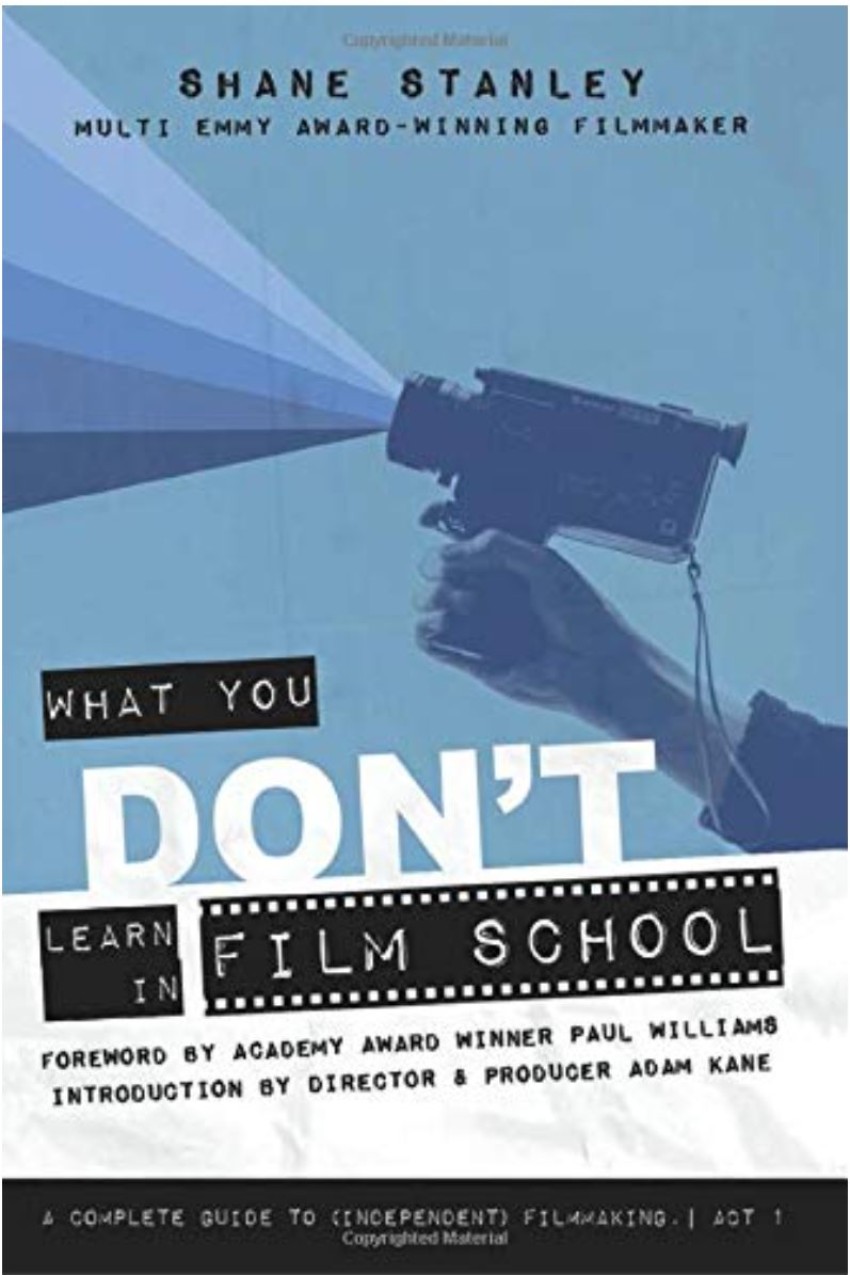
We have so many toys to make movies today that don’t cost much money. If you wanted good aerial footage back in the day, it would cost thousands of dollars to get a helicopter and a cameraman up in the sky. Now, you can get your next-door neighbor and his drone out to do the job done. You either have to tell a story people want to see or give them visuals and something new that keeps them engaged. It’s probably why $200million- films are so often all sizzle without the steak. Look at the Oscar® winners this year, they weren’t glossy films with huge budgets. I think the grittier a film can be and the more scaled down it is, the better. People want stories they can relate to and of course, the big blockbuster with endless VFX and such will always be there, but there’s an audience for those smaller, intimate slice-of-life films that people can truly relate to.
How do you think filmmakers can finance their projects?
SS: I financed my first company project by selling a bunch of things I had laying around on eBay. The next was actually from a commission I was paid for selling a rare chandelier to actor Mario Lopez. I think we need to be as resourceful as possible when it comes to financing our films – as much so as we do telling their stories.
Tell us what you think of the interview with your name. What do you think of it? What ideas did you get? Do you have any suggestions? Or did it help you? Let’s have your comments below and/or on Facebook or Instagram! Or join me on Twitter.
Follow Shane Stanley on Social Media
Website
IMDb
Facebook
Twitter
Instagram
YouTube
MORE STORIES FOR YOU
Director Amy Glazer Brings Kepler’s Dream to Life
An 11 year old searches for a missing rare book from her grandmother’s library
How I Made My Film, ‘Fear, Love & Agoraphobia’ by Alexander D’Lerma
A Step by Step Filmmaking Process of Fear, Love & Agoraphobia
The Key Facts Behind How Jeff Nichols Made The Indie Hit MUD
Jeff Nichols gives himself directorial challenges to master on every project.

